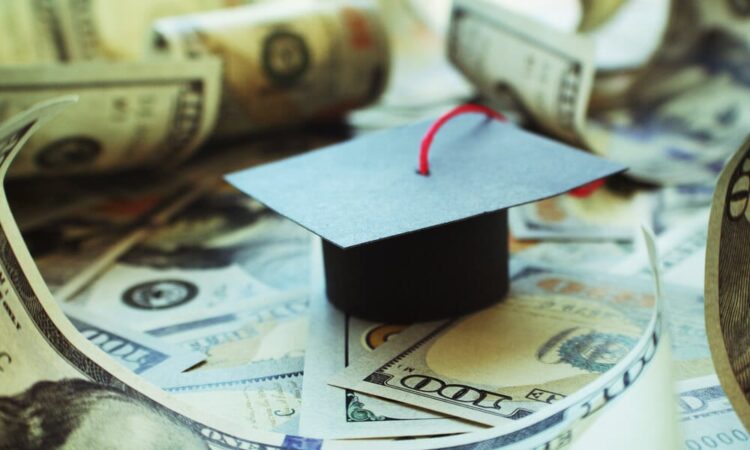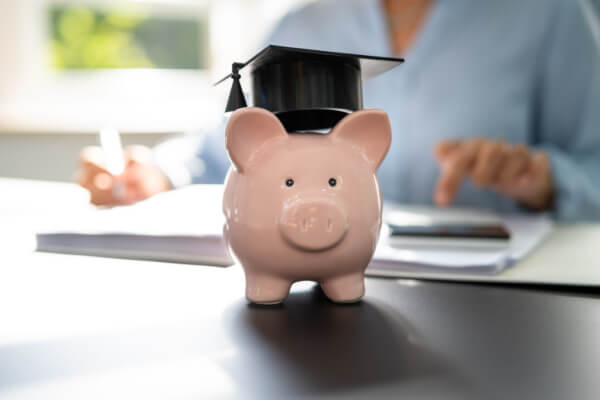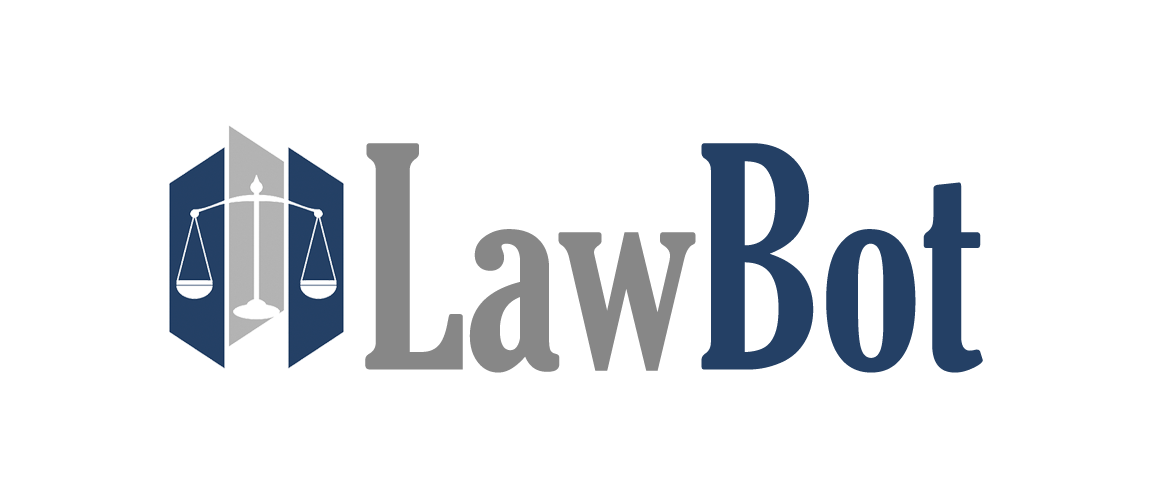
If you are struggling with student loan debt, you should explore all options for relief before filing bankruptcy. However, if you do decide to file, it is important to understand the impact on your credit score and your ability to obtain new credit, as well as other consequences of bankruptcy like wage garnishment, tax offsets, and lost deferments and forbearances. It is also important to remember that bankruptcy is only a temporary solution to a long-term problem and does not solve it completely – you will still be responsible for the remaining balance after your case is over, and interest continues to accrue.
There are two main types of bankruptcy: Chapter 7 and Chapter 13. Chapter 7 erases unsecured debt and does not require means testing, but it only applies to federal student loans that have been paid back for less than five years and excludes child support and alimony. Chapter 13 reorganizes debt and requires means testing, but it can discharge student loans that have been paid for more than seven years and includes an opportunity to request a reduction in the amount you owe.

The key to getting student loans discharged in bankruptcy is proving that you meet the legal standard of “undue hardship.” In order to do this, you must file a lawsuit called an adversary proceeding, which is separate from your bankruptcy case. The adversary proceeding will include a hearing where you must present evidence that you qualify for the undue hardship standards of the law. Whether you Cain and Herren Law Firm or go it alone, preparing for this is the most difficult part of the process and is where most debtors fail.
To prove that you have undue hardship, you must demonstrate that repaying your student loans will be impossible or very difficult. This typically involves presenting evidence that your income is low, your expenses are high, and your situation is unlikely to improve in the future. The court will analyze the evidence and make a decision. The National Consumer Law Center shares borrower stories with lawmakers and policy advocates on a regular basis to advocate for better laws for students.
A judge’s decision on undue hardship is rarely favorable, and most borrowers do not succeed in having their student loans discharged in bankruptcy. In fact, there is only one case in the entire country where a judge has found that a borrower’s situation met the standard of undue hardship: Brunner v. New York State Higher Education Services Corp.
If you’re considering filing for bankruptcy, it is important to work with a qualified attorney. The right lawyer can help you determine if bankruptcy is the best option and can guide you through the complicated legal process. In addition to helping you with the bankruptcy process, a good attorney can also recommend alternatives to bankruptcy that may provide more permanent relief. In addition, they can negotiate with your lender to reduce your monthly payments or help you get a forbearance or deferment while you pursue your bankruptcy claim.
Cain & Herren, ALC
2141 W Vineyard St, Wailuku,
HI 96793, USA
+1 (808) 242 9350
cainandherren.com





